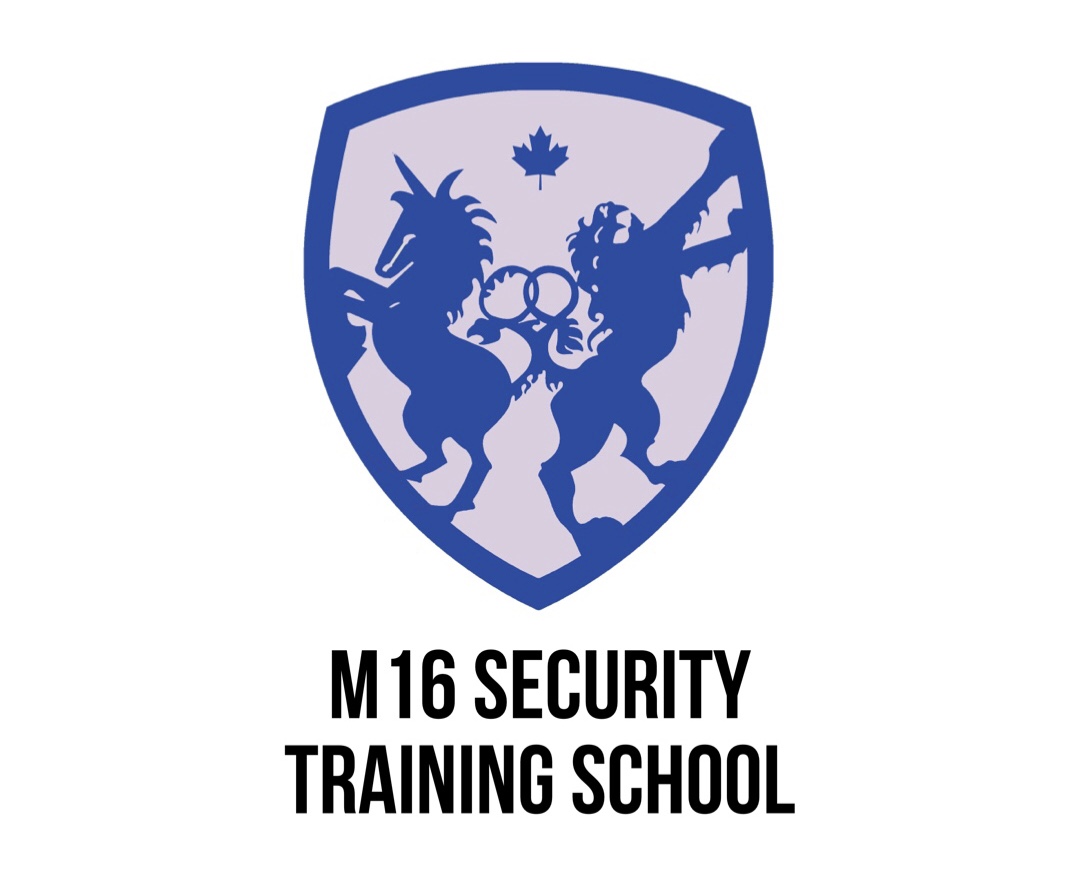Security guards may be served with a subpoena and summoned to testify in court about a scenario they handled. They may be requested to recollect particular information about the scenario, thus the Security Guard must keep detailed and precise notes. The Security Guard may be allowed to refer to his or her notes when testifying. The notes, however, should only be used as a memory aid: if they are clear, they will assist the Security Guard recall specifics about a scenario, but the Security Guard should not have to read straight from the notes. As a result, before testifying in court, the guard should carefully check all notes and attempt to recall as many facts as possible about the situation.

The Use of Notebooks in Giving Evidence
Unless you are certified by the court as an expert in a certain field, your opinion is unlikely to be useful. In reality, it may be perceived as offensive or prejudiced, implying a lack of objectivity in your work.
A Security Guard who has taken notes and desires to rely on those notes to refresh his or her memory during the examination in chief or during cross-examination may do so on occasion. The following is the legislation regarding the use of notes in court:
The witness may utilize the document in giving testimony to refresh his [or her] memory if it was created, read over, and prepared essentially at the same time as the occurrence of the incident to which it refers, and if it was made, read over, and prepared under the supervision of the witness.
Of course, the guard must still obtain the court’s permission before opening his or her notebook and perusing the information in order to offer a response to the question posed. The temptation to just recite the response from the notes will be quite great on the witness stand. The true objective of the notes, on the other hand, is to allow the note taker to refresh his or her recollection of the events that occurred. Notes should not be used as a replacement for memory, but rather as a supplement. Take a look at the notes.
They will refresh your memory. Recall what happened and then respond as best you can to the question.
The exception to this rule is when you cite claims, provide measurements, or provide precise information. You may then read directly from the notebook. With these constraints in place, it may appear like creating, keeping, and maintaining a notebook is more labour than it is worth in the long term. However, in the absence of the notes, the Security Guard’s memory may fail, resulting in the accusations against the accused being dropped.
Crown Disclosure
Prior to being called upon in court to enter a plea or make an election, the Crown has a general responsibility to disclose to defence counsel the existence of all relevant evidence, as well as to disclose all of the material that it has in its possession. The same privilege is provided to an accused individual who is not represented by counsel. This entitlement is founded on the right to “full response and defence” guaranteed by the Charter.
This comprehensive approach to disclosure serves the following purposes:
- To guarantee that the defence is informed of the Crown’s case and is well prepared to defend it.
- To resolve non-contentious issues prior to trial and to make better use of court time
- To urge the Crown and defence counsel to analyze the evidence and, when possible, to resolve matters as soon as possible.
- Typically, disclosure includes items such as:
- Written witness statements;
- Notes and reports prepared by police officers or security staff summarizing relevant evidence, including oral witness statements or a summary of what a witness said when interviewed or a “can say” outlining what the witness is expected to say if no statement has been taken;
- Names and addresses of those witnesses who did not provide a statement;
- A copy of any statement by the accused;
- Particulars of the accused’s criminal record;
- Copies of all forensic and scientific reports;
- A list of exhibits available relating to the offence together with reasonable access or, if possible, copies of documentary evidence or photographs;
- Copies of videotaped statements or access to the tapes.
The Crown is under an ongoing responsibility to disclose any new relevant evidence that becomes available to the prosecution without the necessity for a fresh request for disclosure.
Additional disclosure will be given as the Crown deems necessary, balancing the requirement for complete disclosure with the need to preserve the life or safety of a witness and the integrity of the Justice System.
A Security Guard must fully disclose to the Crown all materials in his or her possession. If you have any worries about evidence slipping into the hands of defence counsel, you should promptly notify the Crown. The Crown Prosecutor deals with these concerns on a daily basis and is best placed to evaluate whether there are reasons to withhold evidence from the accused.
Bring your notepad if the defence counsel want to view it. Prepare the area pertinent to the case at hand. Use elastic bands to restrict the section of the defence review to notes pertaining to the trial. Use the bands to restrict prying eyes from reading sensitive parts, but do not attempt to take out portions of vital information.

